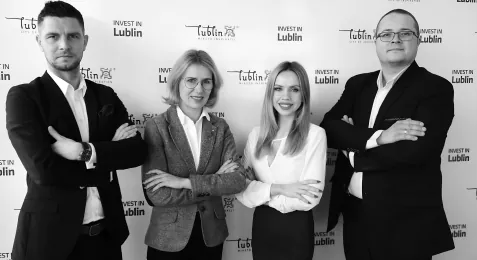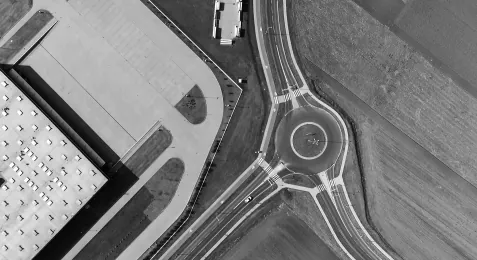Lublin Info Centre
Lublin wins double awards in the Innovative Local Government 2024 competition
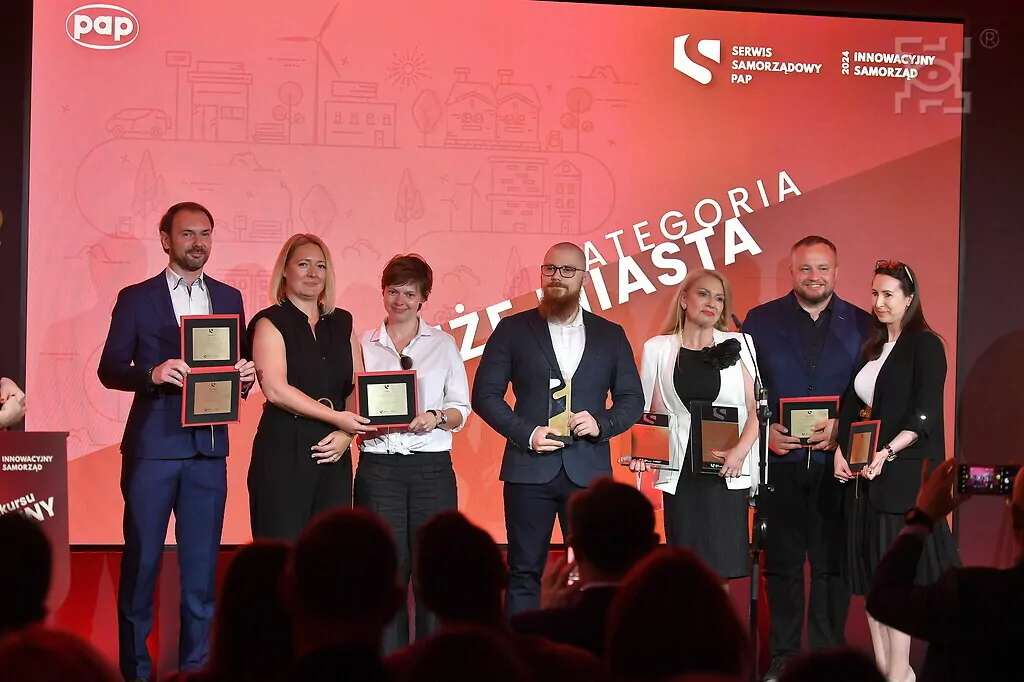
I am pleased that Lublin has once again been among the innovative local governments, and our activities are appreciated by independent experts. For years, we have been undertaking innovative projects that go beyond the accepted range of public service delivery methods, seeking pioneering solutions in all areas of city life. We strive to ensure that the ideas we implement have a real impact on the more efficient functioning of our local government and improve the quality and comfort of life for our residents. I am proud that this year, the Lublin process of co-creating youth policy was recognized, in which young people highlighted what is most important to them and their expectations for the future in Lublin. The awards we received bring us great satisfaction, said Krzysztof Żuk, Mayor of Lublin.
Lublin was distinguished in the “Large Cities” category, alongside Bydgoszcz, Łódź, Gdańsk, Gdynia, and Poznań. The city received second place for its cooperation within a research and development project focused on energy efficiency and rationalization of energy consumption in municipal buildings, and third prize for the participatory process of creating the document “City of Youth: Lublin’s Youth Policy.”
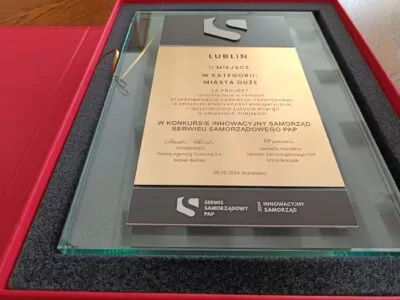
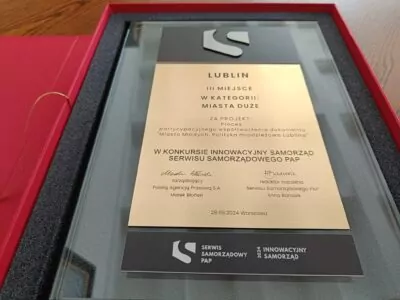
Lublin is the fourth metropolitan city in Poland to develop and implement a youth policy document. The main goal of the process was broad and inclusive participation of young people, focusing on engaging youth who had not previously participated in municipal consultation processes. This approach ensured sensitivity to the needs of young people with special needs, including those with disabilities and those outside the education system, non-participating, disadvantaged, and with fewer development opportunities. The first stage of the process was a diagnosis, carried out in two ways: using available data, reports, and research results available to the Office, and developing a youth engagement map. The second element of the research involved in-depth individual and group interviews. In the next phase, the City analyzed and synthesized the collected research material, comparing it with the national and European context. Based on this, a diagnosis of the needs and challenges of young people in Lublin was created. Subsequently, the City began discussions on the structure and content of the document, working closely with the organizational units of the Office. A key element of the participatory process was broad social consultations. Using various consultation tools and methods and widely informing the public about their start and duration, the process successfully engaged young people who were participating in a public discussion for the first time.
As part of the second awarded project, an innovative control system in the form of forecast modules was installed in four selected buildings of the Lublin City Office to reduce the consumption of heat supplied for central heating. Under an agreement signed with, among others, the Lublin University of Technology, the City undertook a joint research and development project in the area of energy efficiency and rationalization of energy consumption in existing and designed municipal buildings. The agreement allowed the Lublin University of Technology to conduct part of the planned research and development work in existing buildings administered by the Organization Department of the Lublin City Office. The University, in agreement with the Municipality of Lublin, selected buildings in which an innovative predictive heat supply control system was installed in the form of forecast modules. These buildings, located at Lipowa 27, Litewski Square 1, Wieniawska 14, and Łokietka Square 1, previously used weather controllers that allowed continuous and smooth heat supply but regulated heating devices based solely on external temperature, causing delays in heat regulation. Predictive control, however, anticipates the heating needs of a given building, the impact of favorable weather conditions, and the behavior profile of users, thus increasing the efficiency of the entire central heating system, generating heat consumption savings while maintaining thermal comfort for users.
This year, the “Innovative Local Government” competition was organized for the fifth time. The competition was held under the honorary patronage of the Ministry of the Interior and Administration, the Ministry of Funds and Regional Policy, the Ministry of Development and Technology, and local government organizations.


